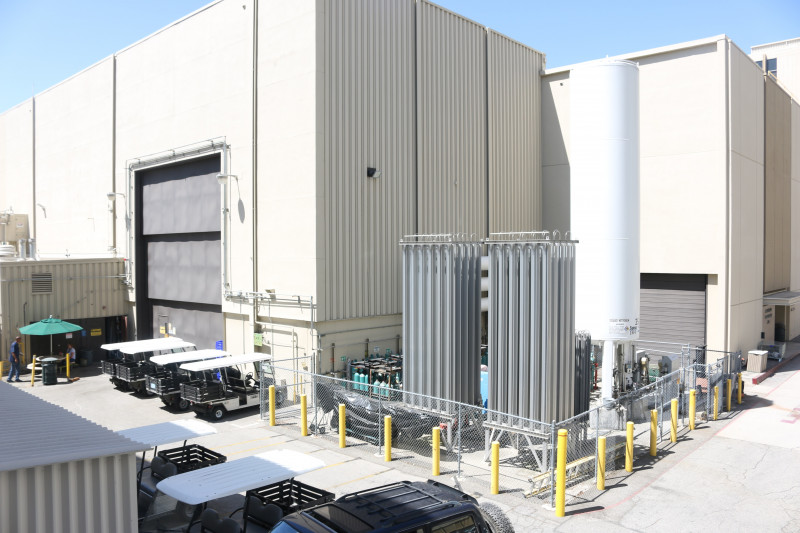Clene Readying for HEALEY Trial Results of CNM-Au8 in Slowing ALS

Clene and its subsidiary Clene Nanomedicine are negotiating to increase their manufacturing capacity as they prepare to release findings — expected early next year — from a pivotal and enrolling Phase 3 trial of CNM-Au8 as an oral therapy aiming to slow amyotrophic lateral sclerosis (ALS) progression.
Negotiations include the leasing of a 75,000 square foot facility in Elkton, Maryland, close to Clene’s current manufacturing site. The companies also entered into a loan agreement worth up to $30 million, and anticipate raising another $9.25 million through private sales of common stock to select investors.
“Clene already had cash-on-hand to conclude its presently underway and ambitious clinical programs in the difficult-to-treat neurodegenerative diseases of ALS, multiple sclerosis, and Parkinson’s disease,” Rob Etherington, CEO and president of Clene, said in a press release.
“These new funds will further strengthen our balance sheet … and enable our important manufacturing expansion to ensure readiness if our Phase 2 and registrational Phase 3 clinical programs read out positive,” Etherington added.
CNM-Au8 is an oral liquid suspension of gold nanocrystals designed to improve nerve cell survival, function, and communication by supporting their energy needs, while lowering oxidative stress. (Oxidative stress results from an imbalance between the production of free radicals, or reactive oxygen species, and the body’s ability to produce antioxidants that eliminate them.)
Preclinical studies showed that CNM-Au8 aided nerve cell survival and motor neuron function in rodent models of ALS and other neurodegenerative diseases, such as multiple sclerosis and Parkinson’s disease.
The ongoing RESCUE-ALS Phase 2 trial (NCT04098406) is investigating CNM-Au8’s safety, effectiveness, pharmacokinetics (movement into, through and out of the body), and pharmacodynamics (how it affects the body) in adults with early ALS.
In this trial, taking place in Australia, 45 patients were randomly assigned to either 30 mg of CNM-Au8 in a liquid suspension or to a placebo for 36 weeks. Treatment is taken every morning as an add-on to standard therapies. Collection of patient data is expected to finish in July.
An interim analysis of trial data, done while patients and investigators where blinded to assigned groups, found improvements in the health and functioning of motor neurons in most patients, and a slower decline in lung function than would be anticipated based on data from previous trials.
Until data is unblinded, trial investigators cannot know if these benefits are due to CNM-Au8 or the placebo. But if CNM-Au8 is the source, these findings suggest the therapy is helping to slow disease progression in ALS patients.
CNM-Au8 was also one of the first three therapies included in the HEALEY ALS platform trial (NCT04297683), which is investigating multiple potential disease treatments at the same time to speed the development of those most promising, while significantly lowering study costs.
CNM-Au8’s trial arm (NCT04414345), which reached 50% of its target enrollment in March, will include 160 adults with sporadic or familial ALS randomly assigned in a 3:1 ratio to CNM-Au8 at 30 or 60 mg daily or to a placebo for 24 weeks (about six months).
Enrollment for CNM-Au8 and other study arms is ongoing at 54 sites across the U.S.; more information is here.
“I have been involved with Clene since its founding, and remain enthusiastically hopeful that Clene’s lead asset, CNM-Au8, may be able to help patients with neurodegenerative diseases. I am grateful to continue supporting Clene in their many efforts,” said David Matlin, chairman of the Clene’s board and an investor in its stock sale as private placement (PIPE) financing.






